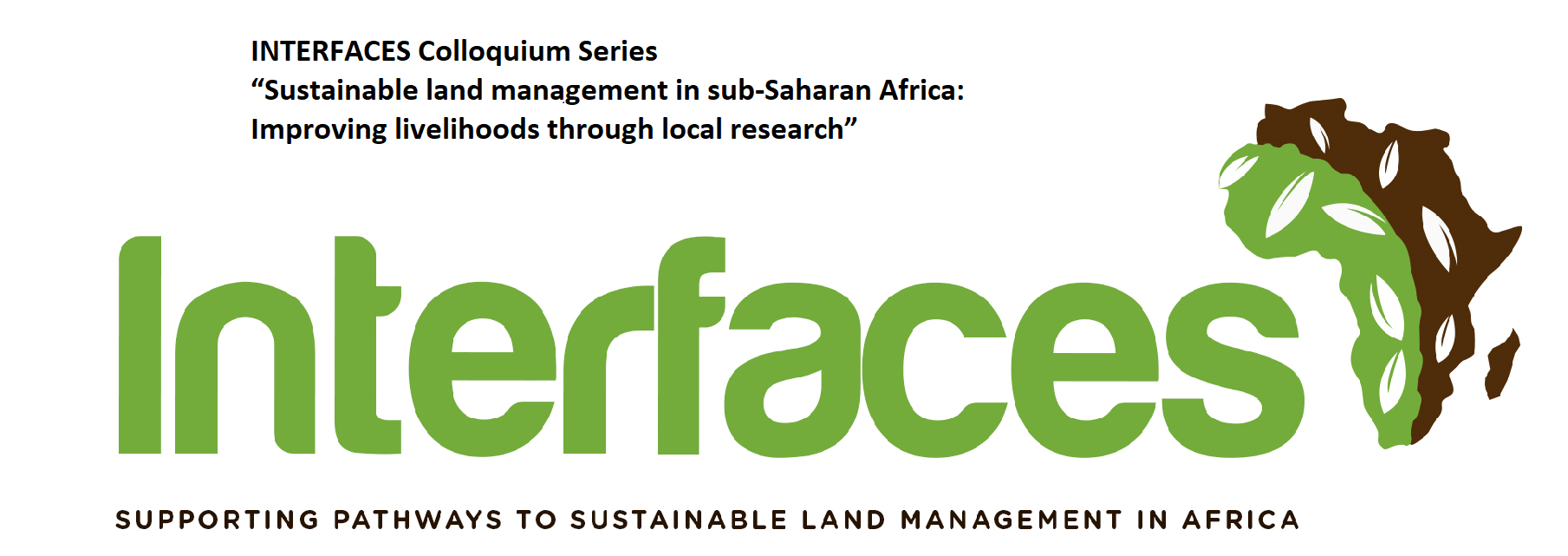Dr. Baumüller at INTERFACES Colloquium Series, 2 November 2023
On 2 November 2023, Dr. Heike Baumüller, Senior Researcher at ZEF, gave a presentation entitled “Digitalization in Agriculture: Potentials and Pitfalls”. In it, she explained various form of digital tools, from communication tools to digital money transfer that can impact on farmers’ lives. While many digital tools are being developed and promoted, the reality shows that many small-scale farmers do not have access to high-end tools, like smart phones or tablets, or to the required bandwidth required to operate sophisticated tools. More important is the involvement of intermediaries, such as extension officers, input or output dealers. As expected, the presentation raised a very lively discussion in which participants from Africa also reported about their experiences with the use of digital information tools by small-scale farmers. Several regional projects plan to develop digital tools and examples were provided how these are co-developed with local developers and intermediaries.
INTERFACES Colloquium Series – #3
